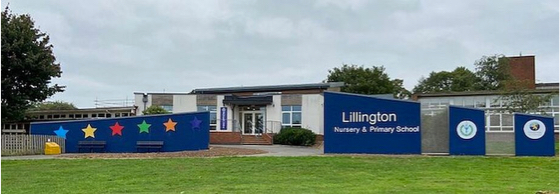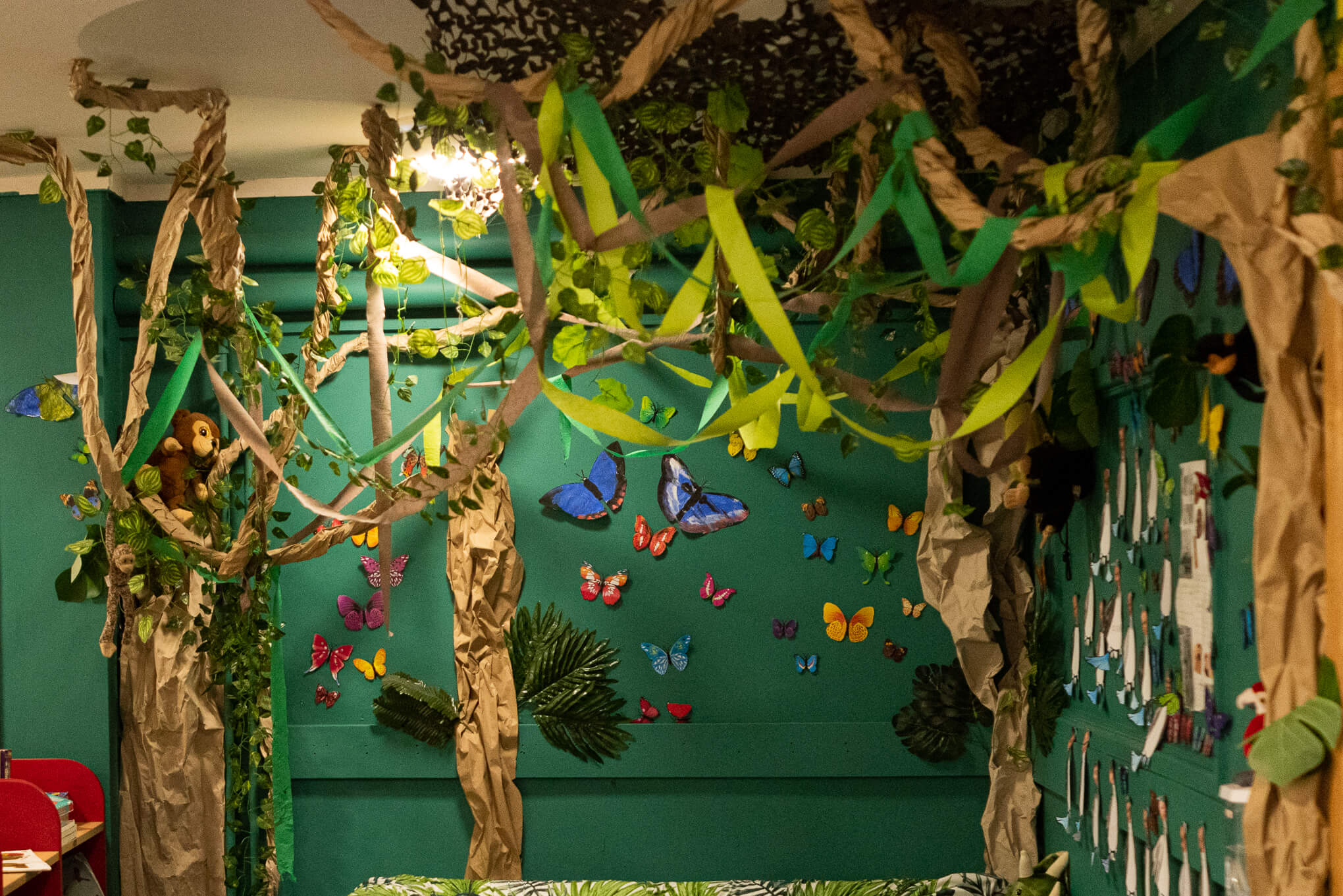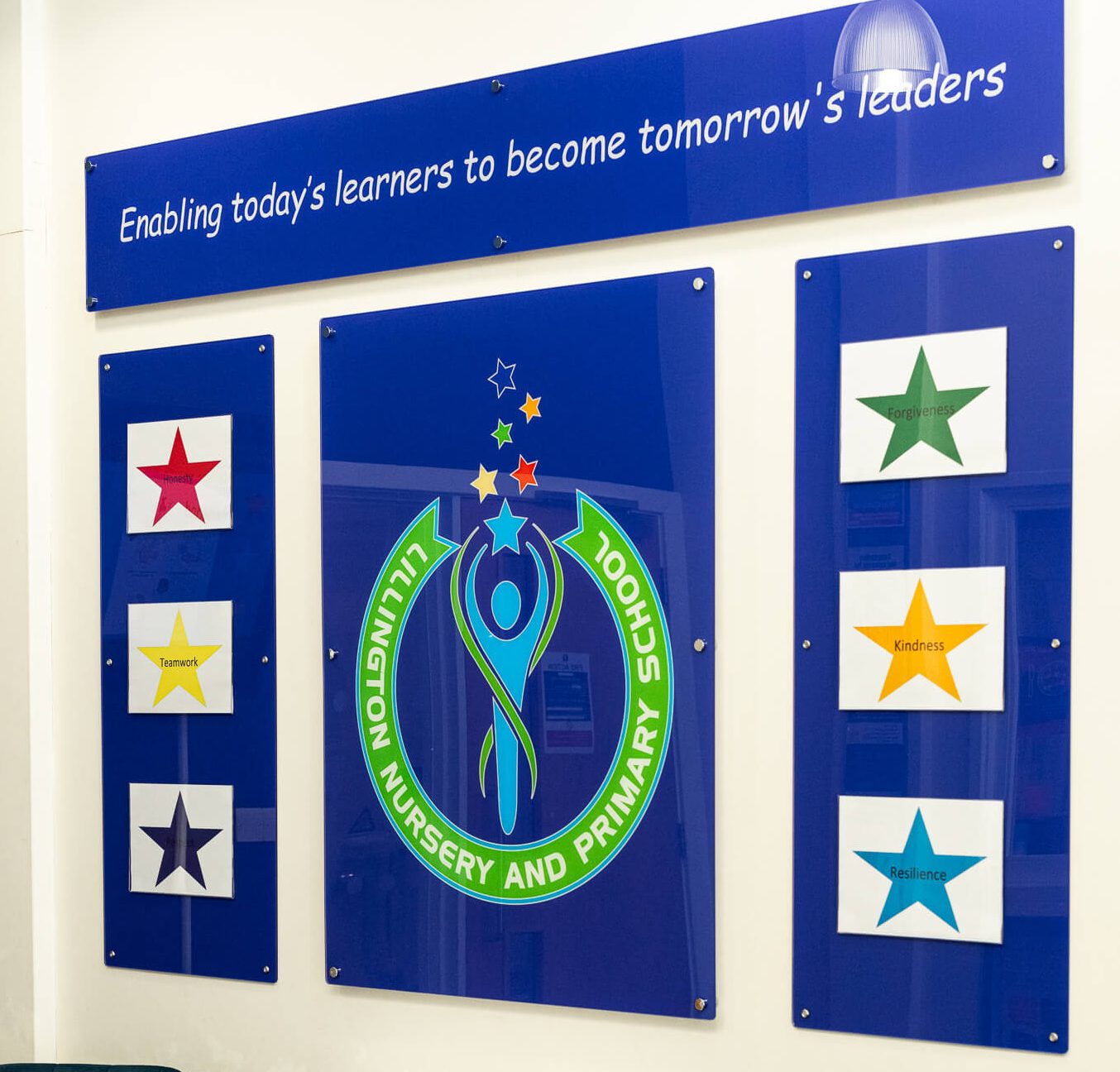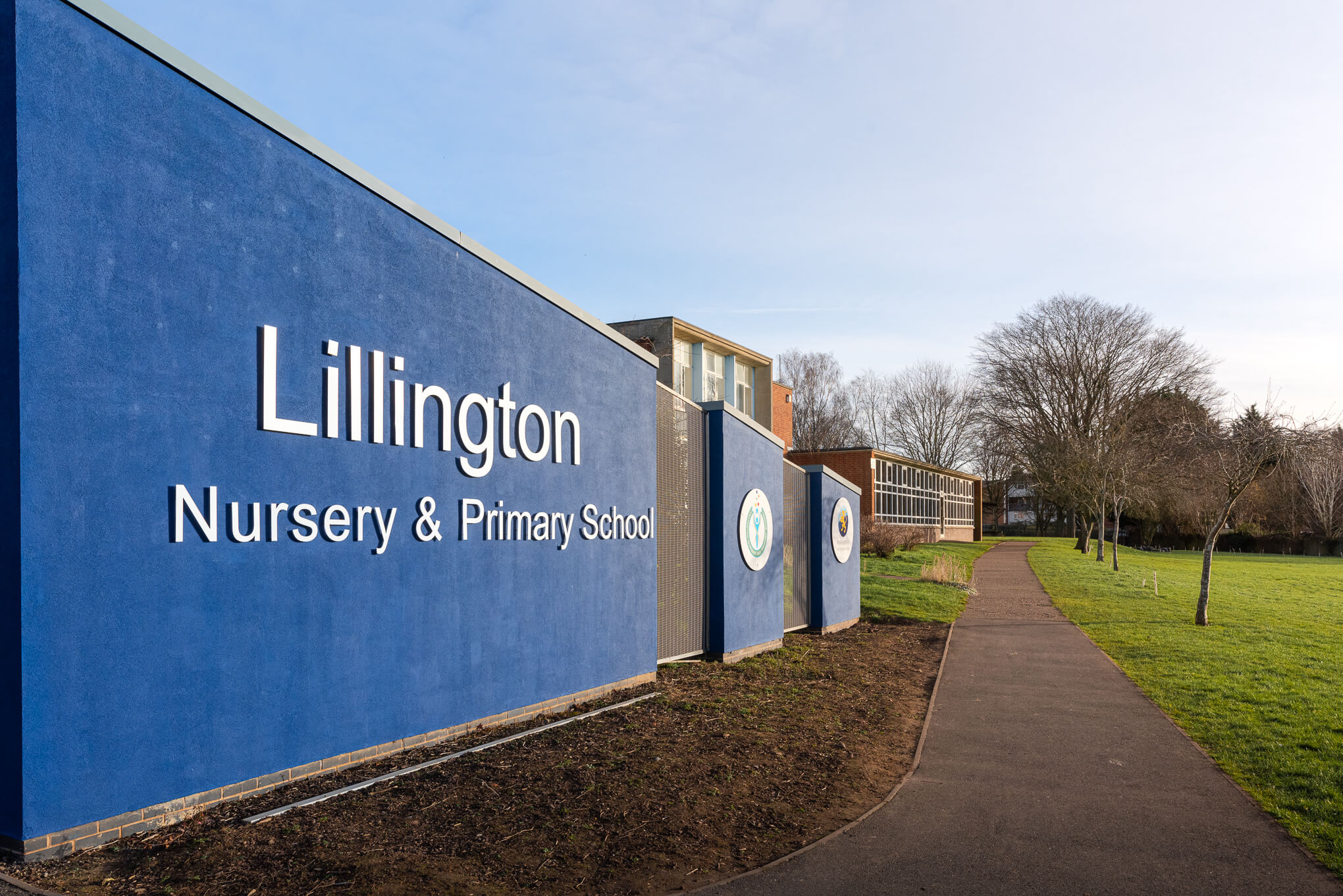English
We aim to build a love of literacy with all our children. We believe that before children can write, they need to be confident to speak their ideas, share their experiences and explain themselves using full sentences. A love of reading is key to opening up a wider world to our children which is why we actively encourage a variety of book shares right from our 2 year old provision through to Year 6 (as well as the teachers!).
Reading
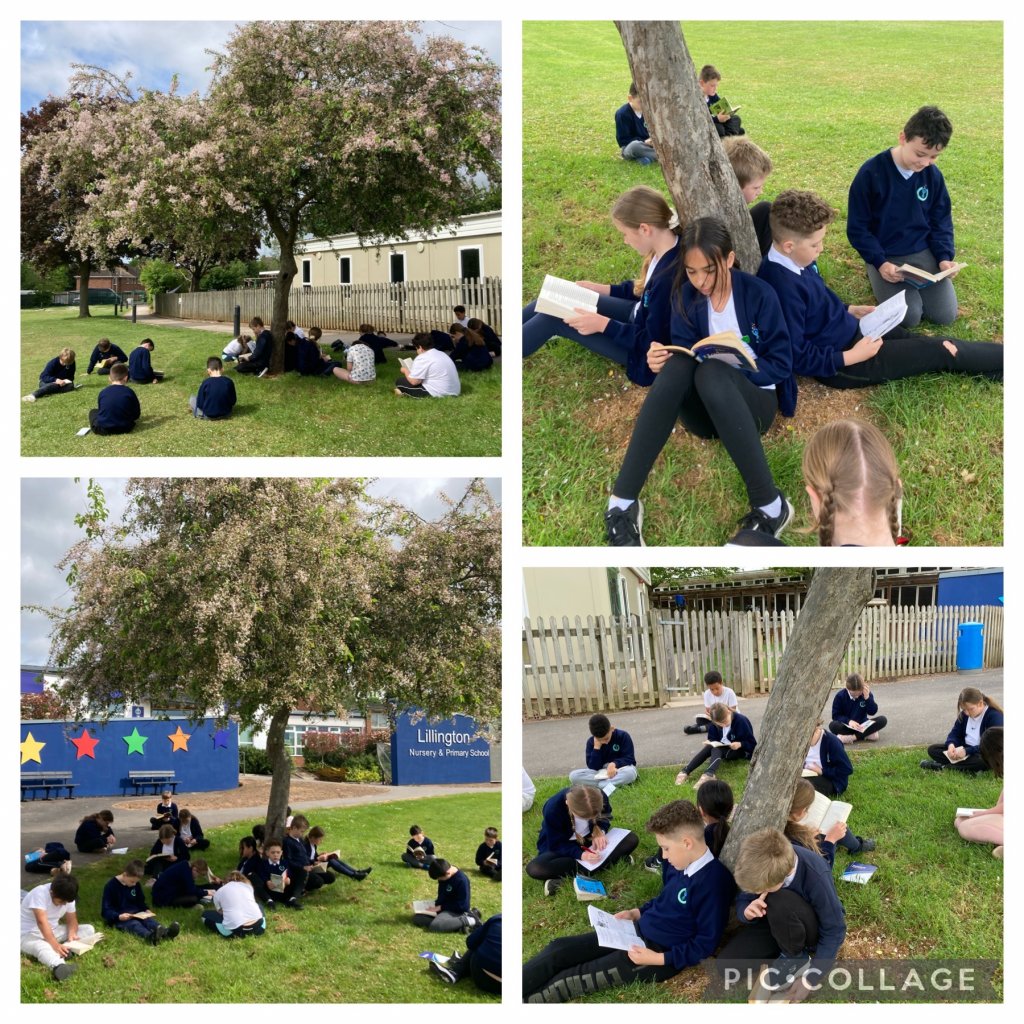
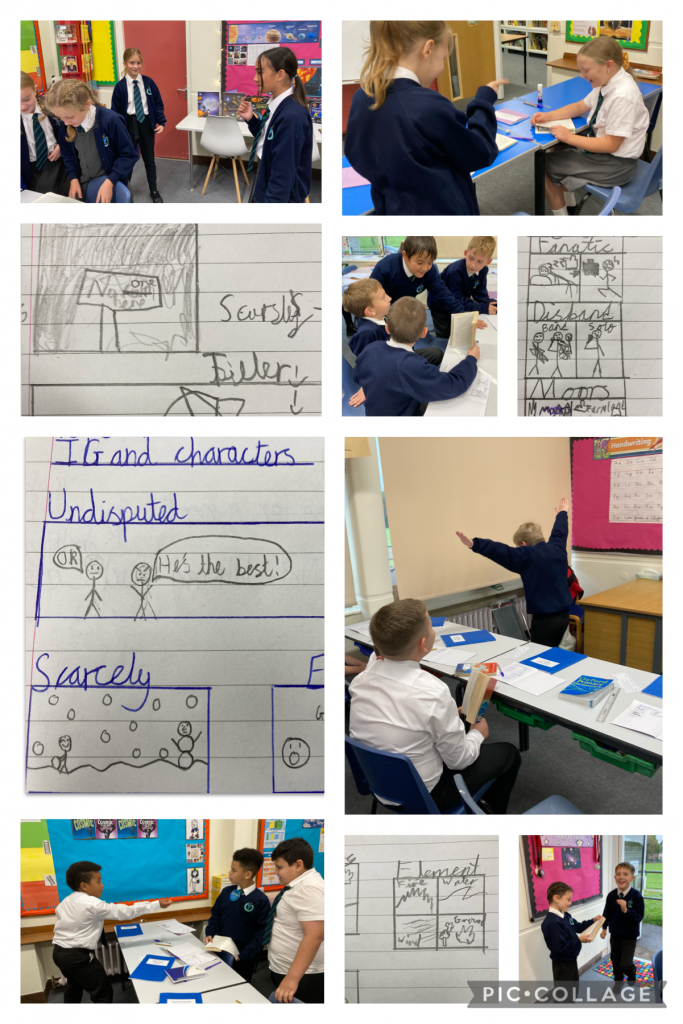
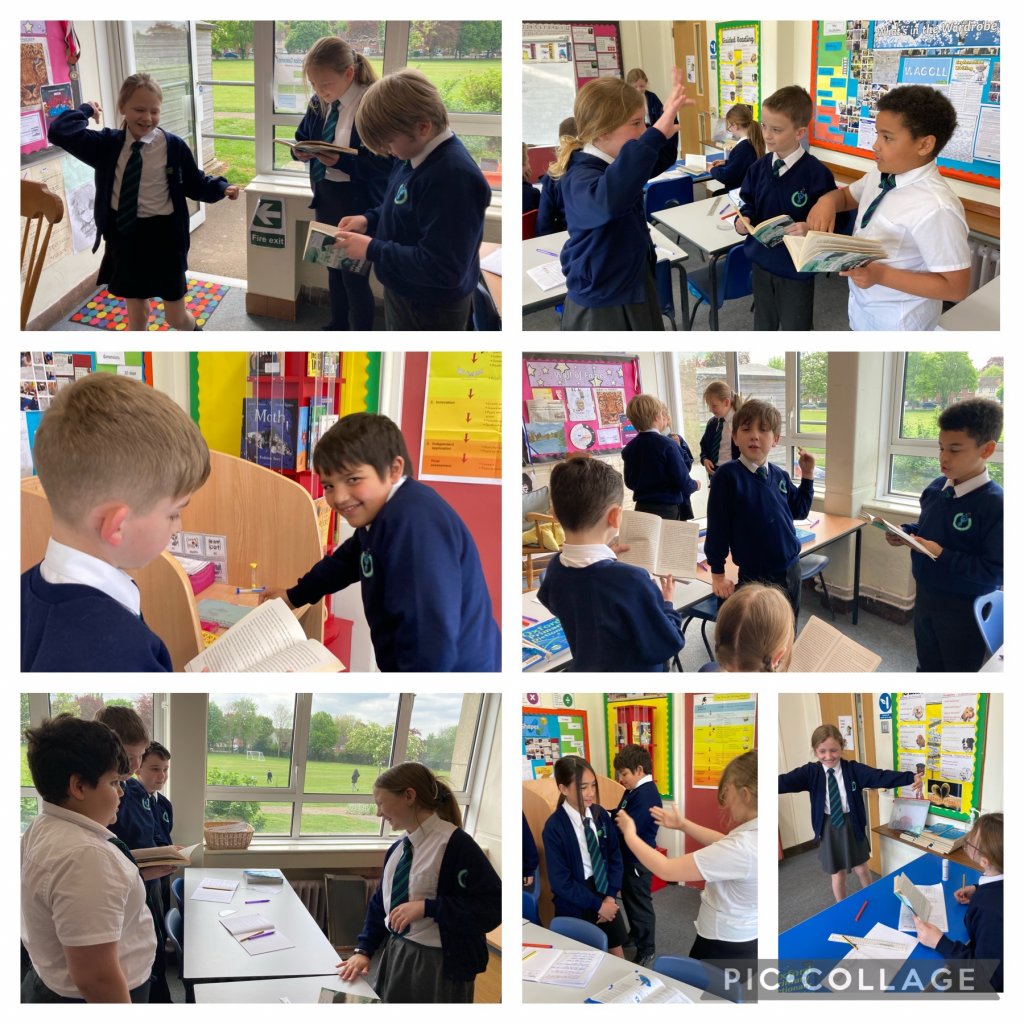
At Lillington Nursery and Primary School, we aim to make all of our pupils ‘readers’. We have high expectations and we aim to ensure a balanced mix of approaches to reading so that our pupils achieve: the required reading skills, confidence, an embedded interest in books and a life-long love of literature.
Our approach to reading is threefold:
- Guided Reading
- Independent/Home reading (Accelerated Reader)
- Class Libraries/Book Nooks
EYFS
Nursery and Reception teachers use the Early Years Foundation Stage framework to ensure reading is taught in line with current educational thinking.
Nursery
In Nursery, reading should be mainly about being fully immersed in stories; through role play and small world play, children can bring story books to life. There should be a focus on shared reading: where children join in with reading part of the book (such as a repeated phrase). Children can be taught to anticipate key events; talk about word meanings and related words; repetition and rhyme; how stories are structured; and learn how to handle books.
Reception and Key Stage 1
In Reception, we continue on from Nursery with small group Guided Reading sessions being introduced incrementally over the Spring Term. In the Autumn Term of Year 1, Guided Reading will continue as a carousel, increasing group time to 20 minutes. From the start of Spring Term, whole-class guided reading will be delivered using the VIPERS reading skills: Vocabulary, Inference, Prediction, Explanation, Retrieval and Summarising.
In Year 2 sessions will continue to teach and embed the VIPERS questioning skills through the whole class guided reading structure.
KS2 – Whole Class Guided Reading
Whole class guided reading has had a major impact on our teaching of reading in KS2 and children have shown clear progress in their reading skills and engagement in reading.
Whole Class Guided Reading lesson structure:
- A whole class guided reading lesson taught at least four days a week for 30 – 40 minutes.
- All lessons follow the structure of ‘I read, we read, you read’ and cover a familiar weekly routine of: introductory and book talk activities; explicit teaching of new and abstract vocabulary, targeted teaching and application of a focus reading skill; and completion of skills-based application tasks designed to recap, challenge and secure previous and current learning.
- Reading skills taught are: Vocabulary, Inference, Prediction, Explanation, Retrieval and Summarising.
Reading is taught with equal opportunities for all children throughout the school. It is important that our expectations do not limit pupil achievement and that we challenge and extend children to help them increase their independent thinking.
Independent and Home Reading (Accelerated Reader – Year 2 to 6)
The school’s Accelerated Reader system is used as a planning and diagnostic tool to allow pupils to reach targets in their reading and learning which allows them to make good progress. The aim of setting carefully selected targets is to ensure pupils have an understanding, independence in learning, critical awareness and appreciation of varied reading texts. AR helps teachers monitor students’ vocabulary growth, literacy skills development, and other reading skills.
Class library/Book Nook
In Early Years, each environment will have a few ‘Book Nooks’ where there is a small selection of carefully chosen books for the children to independently access during their child-initiated learning. These books are changed an a regular basis, depending on the children’s interests and current learning theme. Keeping the books to a small selection ensures the children do not become overwhelmed by the selection and choose something different each time. Theme linked books are also spread throughout the environment in the different areas of learning. This gives the children reading opportunities in all areas of learning.
In Key Stage 1 and 2, classes have a small class library of fiction and non-fiction books that are changed on a regular basis.
There are 2 whole school libraries split across the school. Children can access the library after lunch each day as well as using it for independent reading time.
Writing
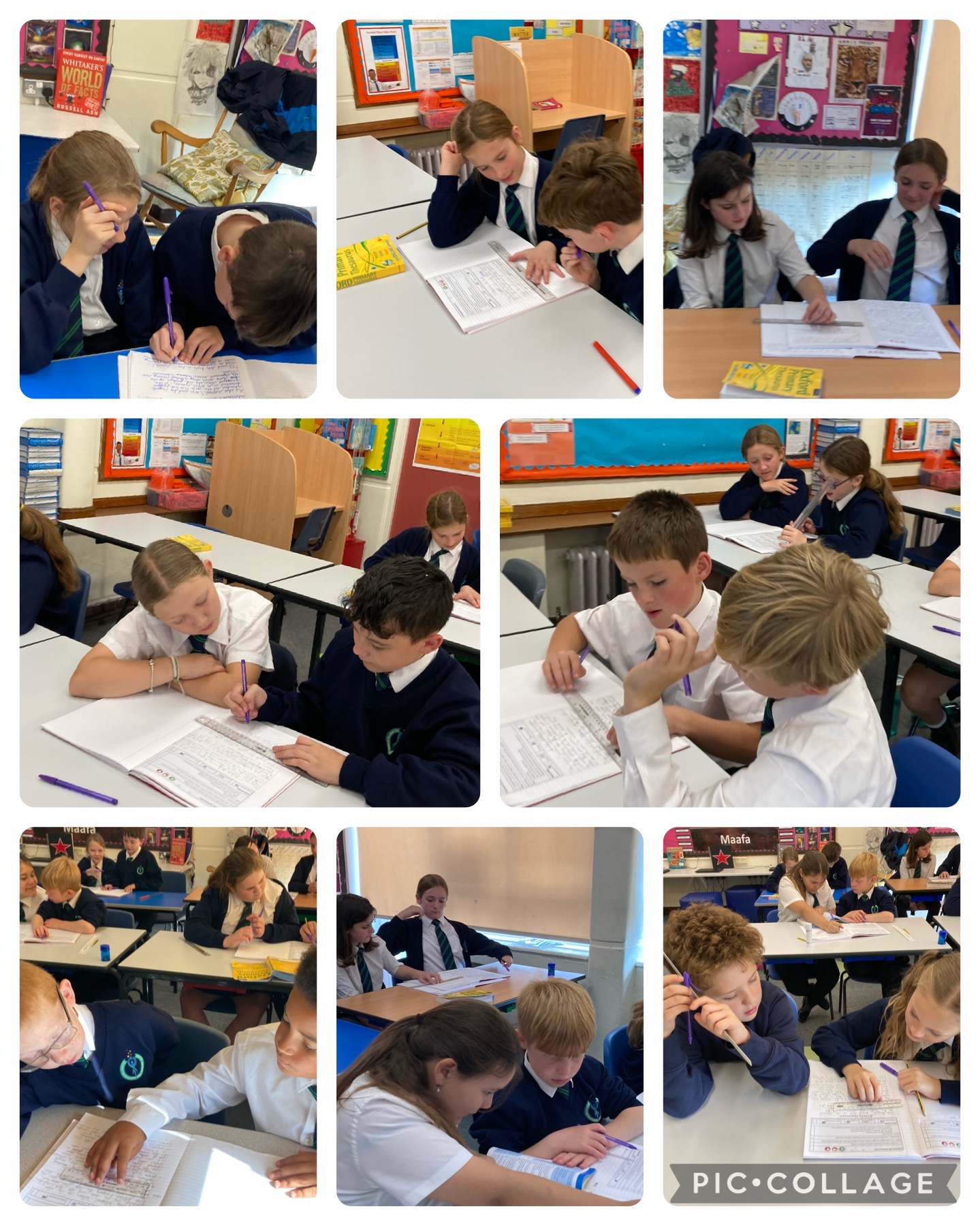
- Write with confidence, fluency and understanding, orchestrating a range of independent strategies to self-monitor and correct.
- Have an interest in words and their meanings, developing a growing vocabulary in spoken and written forms.
- Understand a range of text types and genres and to be able to write in a variety of styles and forms appropriate to the situation.
- Develop the powers of imagination, inventiveness and critical awareness.
At Lillington Nursery and Primary School we aim to make all of our pupils ‘writers’. We have high expectations and we aim to ensure that our children:
Talk for Writing (EYFS to Year 6)
Our approach to writing in EYFS up to Year 6 is based on Talk for Writing (T4W) which is an approach that supports children to explore, through talk, the thinking and creative processes involved in being a reader and writer. It is embedded at every phase of the teaching sequence which is structured to include teacher talk, supported pupil talk and independent pupil talk. We believe that Talk for Writing is an approach that goes beyond the development of children’s general speaking and listening skills – it allows children to explore the processes involved in being a writer, and extends oral rehearsal so that it becomes a draft for their written pieces. The approach supports the children to move from talk into writing. We expect this approach across the curriculum rather than just in literacy lessons.


